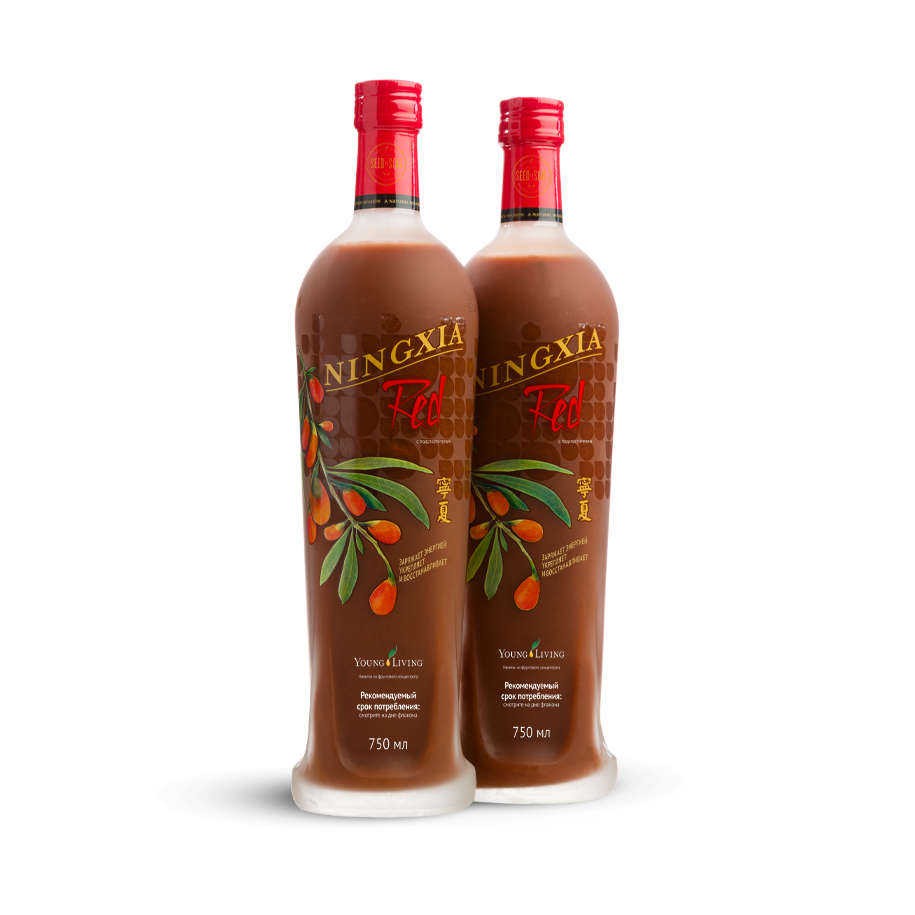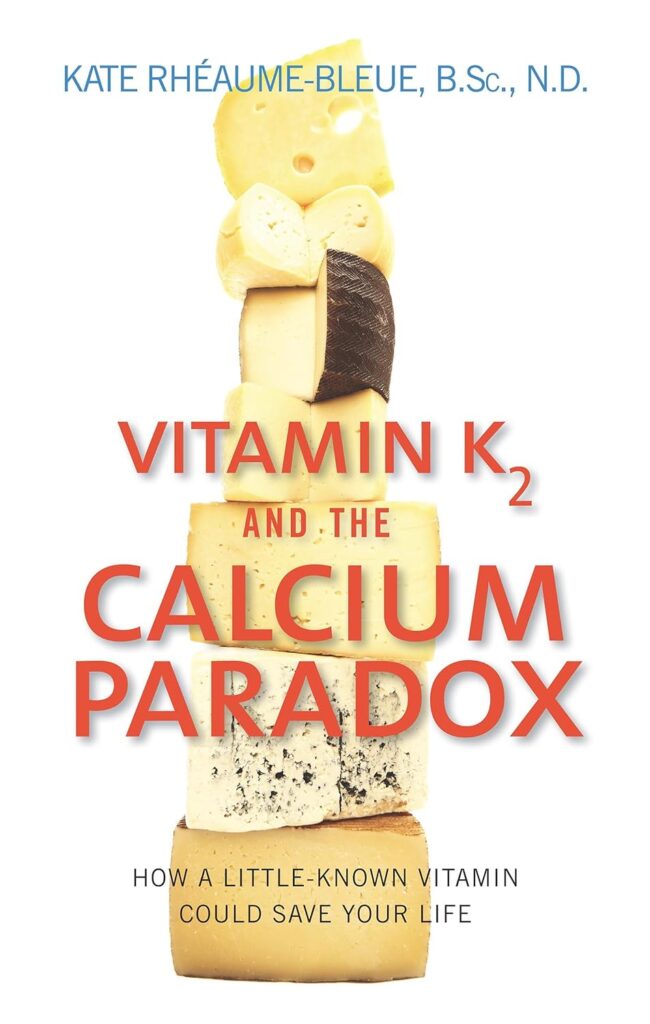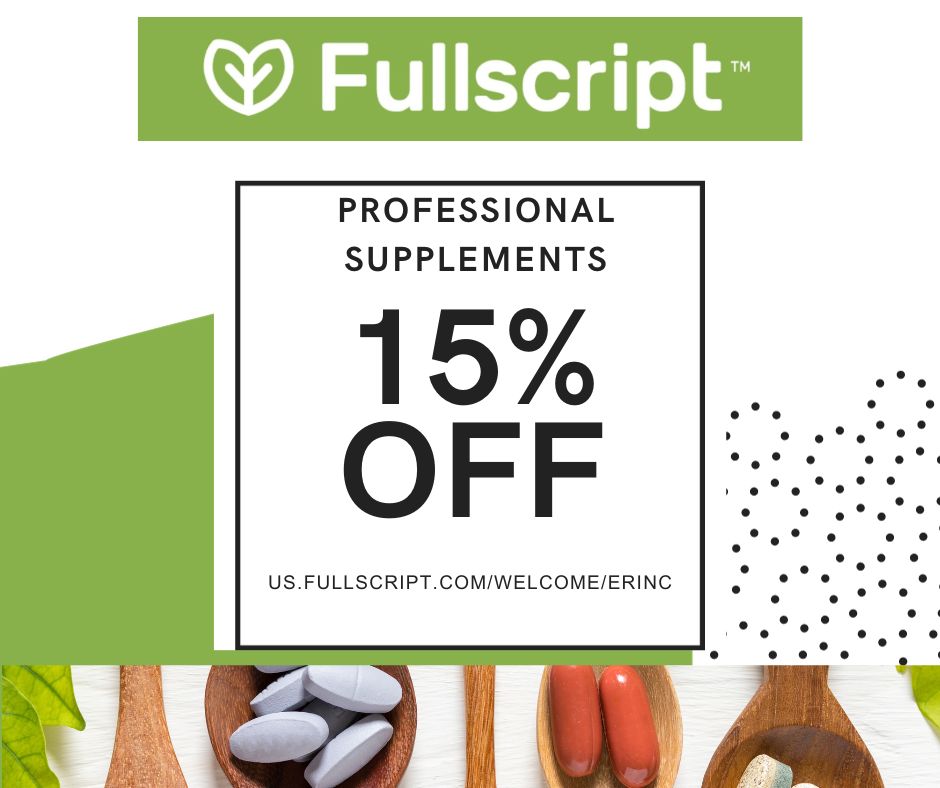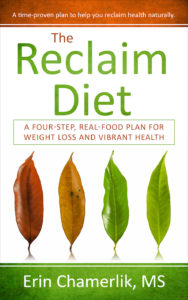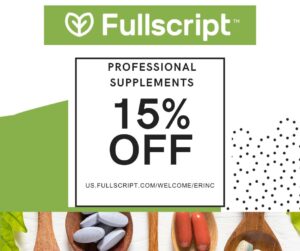
PseudoGout, CPPD
Pseudogout, or Calcium pyrophosphate crystal deposition disease (CPPD), is an inflammatory arthritis produced by the deposition of calcium pyrophosphate (CPP) crystals in joint fluid or soft tissue. Calcium pyrophosphate deposition (CPPD) disease is one of the most common forms of inflammatory arthritis with an estimated prevalence of between 4-7% in population studies [source] and about 20% of adults over 80 years of age.
Manifestations of CPPD include: [source]
- acute calcium pyrophosphate (CPP) crystal arthritis (also known as “pseudogout”)
- chronic CPP crystal inflammatory arthritis
- osteoarthritis (OA) with CPPD: “CPPD in a joint that also shows changes of OA, on imaging or histological examination”
- asymptomatic cartilage calcification on imaging
The following are factors that can increase your risk of developing pseudogout [source]:
- Older age. Your chance of developing the condition increases with age.
- Joint trauma. Severe impact on a joint, such as surgery or severe injury, increases your chance of developing pseudogout in that joint.
- Genetic connection. Pseudogout is hereditary in some families. These people are susceptible to the condition even at an early age.
- Mineral imbalances. People with excessive iron or calcium (or not enough magnesium) in their blood have a higher risk of developing pseudogout.
- Other medical conditions. Pseudogout is linked with an under active thyroid gland or an overactive parathyroid gland.
Eat an Anti-Inflammatory Diet
When addressing any inflammatory condition, eating an anti-inflammatory diet (real food, paleo, high in antioxidant rich foods and healthy fats) is key.
Avoid polyunsaturated vegetable oils, also called seed oils. Use high quality fats like grass-fed butter, olive oil and coconut oil. Consume foods containing omega-3 fatty acids regularly.
Pick up a copy of my book, The Reclaim Diet, to understand the benefits and details of this real food, anti-inflammatory way of eating. In addition to diet, increase hydration.
Hydration
Pseudogout is believed to get its start when the body is dehydrated. Drink 100oz water daily and add electrolytes. Avoid tap water and opt for filtered water. I use AquaSana filters.
Key Supplements
Magnesium
A double-blind, placebo-controlled randomized clinical trial (RCT) conducted using magnesium with chronic CPPD patients proved to bring improvement in joint pain and stiffness. In vitro studies have shown that CPPD crystals can be solubilized by magnesium (Mg) along with the inhibition of their crystal growth. Besides this fact, Mg can also be used as a supplement in patients with CPPD secondary to Mg deficiency. [source]
Greatly increase magnesium, (do not use magnesium oxide). I would use an absorbable form of magnesium and avoid supplements that include calcium. Start with 300mg at bedtime then keep increasing the dose, to take twice a day, then 3x a day.
Magnesium can be taken as a powder or capsules.
This product is 200 mg per scoop and is mixed into water. You want to take as much magnesium as your bowels will tolerate, and stay at that dose daily as it might take awhile to notice the benefit.
Perque magnesium capsules are formulated with three of the most bioavailable magnesium forms to enhance functional benefits. Each capsule provides 110mg of elemental magnesium.
Magnesium … 85mg (as ionized glycinate)
Magnesium … 8mg (as ascorbate)
Magnesium … 17mg (as citrate)
Vitamin K2
Vitamin K2 (menaquinone) is used by tissues to deposit calcium in appropriate locations, such as in the bones and teeth, and prevent it from depositing in locations where it does not belong, such as the soft tissues.
Vitamin K1 is the type found plants, known to play a role in clotting. Vitamin K2 is found in animal foods and certain fermented foods like natto (fermented soy) and certain cheeses. Lesser amounts are found in egg yolk, butter, chicken liver, salami, chicken, and ground beef.
Vitamin K2 is made by bacteria found in the digestive tract, however, absorption from this source is very limited and supplementation is recommended.
K2 has many benefits that K1 does not have [source]
- reducing the risk of prostate cancer
- improving bone loss seen in osteoporosis
- reducing the risk of heart disease
- maintaining skin health
- maintaining brain function
There are two forms of K2, MK4 and MK7. MK7 is longer lasting in the body and is the form that I prefer and recommend.
Learn more about K2, listen to my podcast with Dr. Kate Rheaume, ND.
Will Vitamin K2 interact with blood thinners? Read Dr. Kate’s answer here.
How to Supplement Vitamin K2
Take Menaquinone-7 (MK-7) with D3. The recommended dosage of K2 when addressing pseudogout is 200mcg. Since Vitamin D3 works with K2, take a combo supplement with 20,000 IU D3 and 200mcg K2. Vitamin D is anti-inflammatory and will help reduce pain.
I recommend taking this product. You will want to take two capsules daily in the morning, but if that doesn’t help, you may want to double the amount to four capsules per day.
MSM (Methylsulfonylmethane)
MSM supports joint health and the immune system. MSM, in its role in the body’s sulfur cycle, helps to create the chemical links needed to form and maintain numerous different types of structural tissues of the human body, including connective tissues, such as articular cartilage and skin.
Systemic Enzymes – Serrapeptase for Inflammation
Serrapeptase is effective for the management of pain and inflammation and is helpful in reducing joint swelling in comparison to other therapies such as applying ice. (source)
Read my article here on Serrapeptase.
Nettles
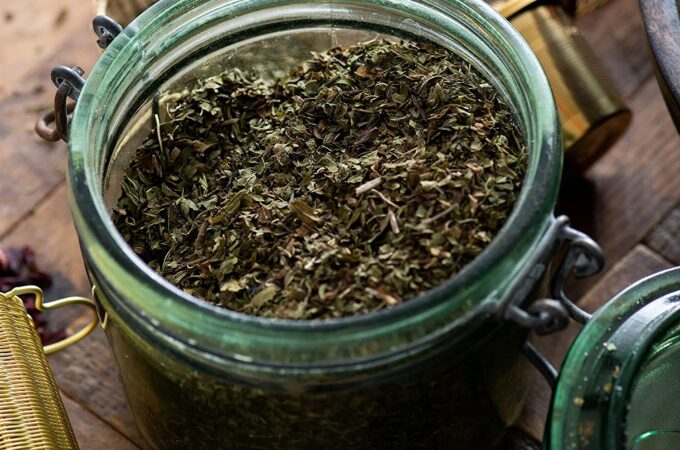
Stinging nettles are a potent anti-inflammatory herb that is excellent for pseudogout. Read about Nettles here.
NingXia Red
NingXia Red is rich in potassium. Foods with high potassium can help relieving the pains from pseudogout
NingXia Red is a delicious way to power your day! This antioxidant drink is clinically shown to increase physical energy levels, improve sleep patterns, and reduce daily stress. It’s packed with powerful antioxidants to help against oxidative stress, support normal cellular function, and promote healthy energy levels. I have been taking 2oz per day for about 10 years and would not go without NingXia Red.
Omega 3 fish oil or cod liver oil
Take omega 3 fish oil daily to reduce your risk of developing pseudogout. Omega-3 fatty acids decrease inflammation in your body and support joint health.
Essential Oils
Essential oils can be used to help support your body’s natural ability to fight inflammation and pain. I only use and recommend Young Living essential oils for their purity and potency.
Certain oils can be combined and used topically for inflammation and pain others can be taken internally for additional benefits.
Celery Seed Vitality, Apium graveolensis, is a dietary essential oil that contains antioxidants and is considered one of the best essential oils for gout, pseudogout and arthritis. Drops can be added to empty capsules or food.
Topically: Apply Copaiba essential oil to the area followed by Wintergreen or Pan Away.
Add Lemon Vitality to drinking water and consume all day.
Vitamin K2 and the Calcium Paradox: How a Little-Known Vitamin Could Save Your Life
To get 15% off professional grade supplements, go to my dispensary, register for access, https://wellevate.me/jacqueline-erin-chamerlik
Recommended
-
Dandelion for Liver Support and Health BenefitsJuly 20th, 2024
-
Modified Citrus PectinJuly 11th, 2024
-
Bentonite Clay Mask for Face and ArmpitsJuly 8th, 2024
-
Two Supplements for Erectile DysfunctionJune 30th, 2024

